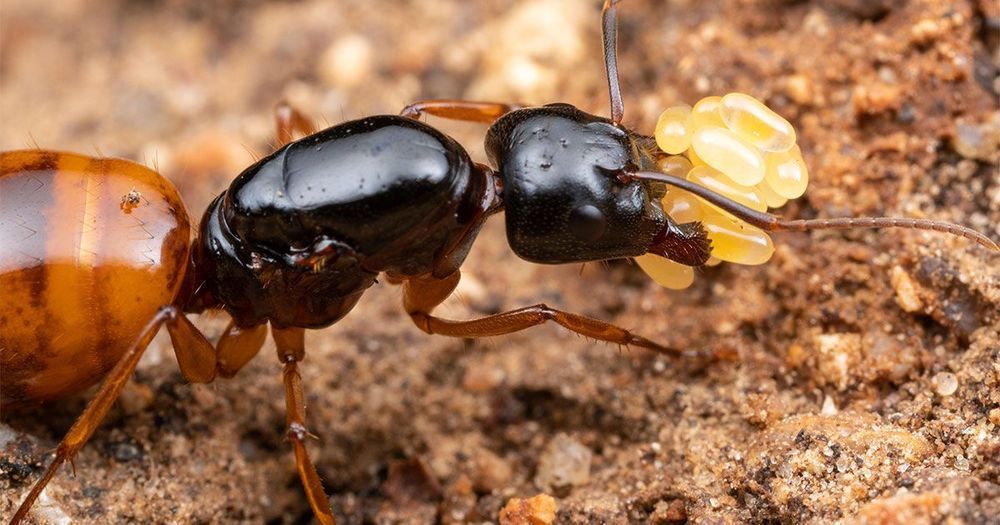As you get older, key genes that maintain life are no longer activated. George Church is focused on turning youth-boosting genes back on.
His company, Rejuvenate Bio, has begun clinical trials in old dogs. This will help us determine which ages of humans would best benefit. George believes they will be able to help people who are already quite old and show signs of decline. They are looking at extending absolute lifespan. Extending human lifespan will take years to get reliable results.
They have published results on three genes. Those genes already helped reverse osteoarthritis, high-fat obesity and diabetes, heart damage, and kidney disease. They will soon add cancer and neurodegenerative diseases to the list of reversible conditions.







